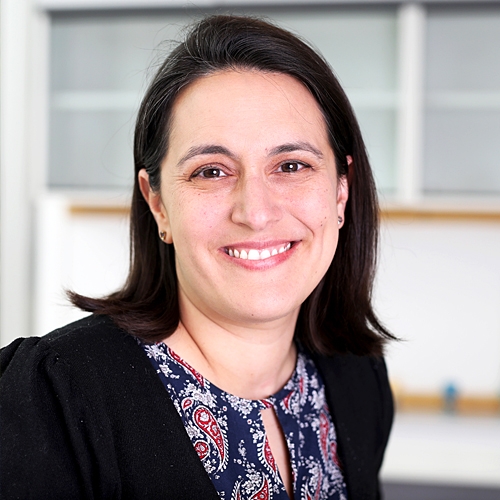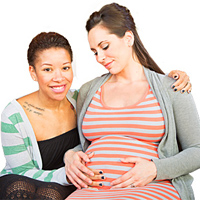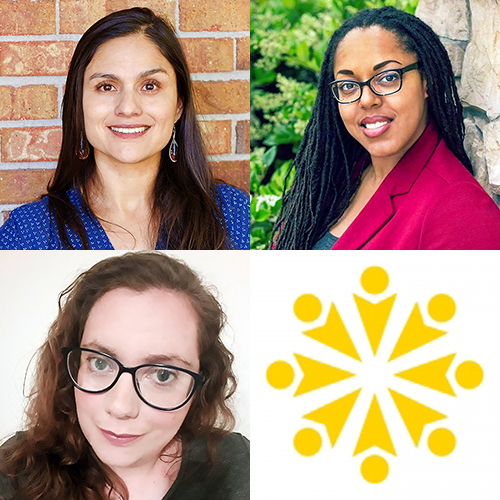

Paulina Erices is the mother of three multicultural Latino children and Project Director for Lifespan Local. Paulina earned her BS in Psychology from the Pennsylvania State University, a MS in Organizational leadership from the University of Denver and is completing her PhD in Health and Behavioral Sciences at the University of Colorado - Denver. Paulina has over 18 years of experience working with families with young children. As a Maternal Child Health specialist for Jefferson County Public Health, she developed a NICU follow-up home visitation program and the pediatric emergency preparedness plan, co-founded and coordinated the Conectando Network (former Adelante Jeffco), established community navigation and lactation support groups focused on the Latino Spanish speaking community, and lead other initiatives to support leadership and partnerships among communities and organizations. During the COVID-19 pandemic, she managed the new program Whole Community Inclusion to ensure the pandemic response and recovery implementation included health equity practices that recognize the needs and the strengths of priority populations in the county. Her areas of current work include promoting perinatal and infant mental health along the continuum of care; building community capacity to navigate health and education systems; facilitating organizational change to embrace linguistic and culturally responsive practices; and establishing community-placed participatory programs to strengthen communities. She likes to be with people, learn from and with others, and connect passions for meaningful work.
In 2014, Ghanaian-American mother and photographer, Vanessa Simmons authored the Normalize Breastfeeding™ movement to address the taboo of public breastfeeding in modern society. Her mission was to document diverse variations of normal infant feeding, across cultures and delivery methods of human milk.
Through Simmons' viral blog, her photographic speaking tour, philanthropy, and artistic inspiration; she mobilized and motivated thousands of women to share their breastfeeding photos on social media. After a very successful first year, she reached out to the Mayor of San Diego to proclaim June 27th the International Day to Normalize Breastfeeding, in support of the worldwide anniversary event!
Lactation educator and activist, Vanessa Simmons, is now speaking out at conferences and events across the country to eliminate general miseducation around the topic. On the Normalize Breastfeeding podcast, she interviews guests about experiences, advocacy, and activism within the infant feeding community worldwide.
As a public speaker, Simmons is focused on transforming the modern mindset around the natural, yet difficult task of breastfeeding. Vanessa trains lactation professionals to better understand and connect with millennial families online. She creatively motivates and inspires families to be mindful that this is a time to be cherished, and although fleeting, it is also a time to reinvent what will be acceptable for feeding generations of the future.
Simmons is an aspiring author and resides with her supportive husband and three children in San Diego, CA.
Lucy Ruddle is an IBCLC in the UK. She has a thriving private Practice on the South Coast and a busy Facebook page known for it's funny, relevant, and informative memes about breastfeeding and parenting. Lucy qualified in 2018 after 5 years of volunteering as a peer supporter and later as a breastfeeding counselor for a national breastfeeding helpline. She has written a book on relactation, called "Relactation - A guide to rebuilding your milk supply." which was published by Praeclarus Press in January 2020. Lucy's interest in relactation started after she went through the process herself for her eldest baby, and her drive to qualify as an IBCLC came from a second challenging breastfeeding journey with her younger son who was unable to latch for several months. Aside from lactation, Lucy holds a diploma in Child Psychology and worked for 15 years in early years settings, both with the children and in roles supporting parents. She prides herself on her listening focused approach to lactation support, and sees it as the key to good practice in her own work.
It’s a wonderful feeling when you’re able to support a family in getting to a place of successful breastfeeding/chestfeeding. Those moments when things suddenly click and baby starts nursing effectively and their overwhelmed parents are able to finally see an end to their struggles, are heartwarming and we celebrate those achievements for both our clients and ourselves. What doesn’t get talked about very often however, is the struggles that go alongside those triumphs. The caregiver burnout, compassion fatigue, guilt, and overwhelming feelings of failure that can derail our confidence in ourselves as care providers. This panel digs deep into the realities of working as a lactation care provider, examining both the struggles and possible solutions.

View Details / Enroll
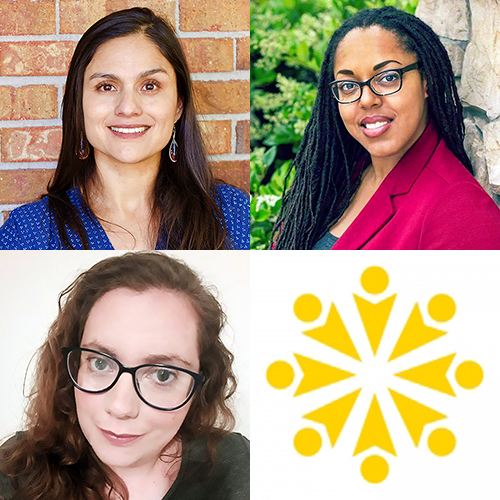
View Details / Enroll
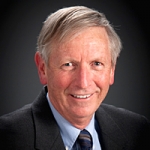

Topic: The Recreational Drug-Marijuana Dilemma - [View Abstract]
It is quite apparent that in our current society, pregnant and breastfeeding women do use and ingest recreational substances (in both a wisely manner and unwisely manner) and drugs of abuse, natural and/or synthetic. Marijuana use is of special concern currently, especially considering the ethical and legal concerns of its use. The objectives of this presentation are to effectively evaluate recreational drug use during breastfeeding and pregnancy; to counsel mothers who are pregnant or breastfeeding and using recreational drugs, including marijuana; and to discuss and address ethical concerns regarding marijuana use.

View Details / Enroll
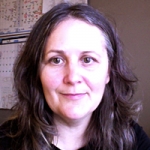

Tina Revai came to breastfeeding professionally in her practice working with families as a nurse of 25 years. However, once becoming a mother, her understanding of breastfeeding as an important factor in the feeling of success (or not) in parental role transition became experientially apparent. In order to support others towards self-defined breastfeeding success, Tina became a La Leche League Leader in 2006 and an IBCLC in 2007. She is currently co-president of the British Columbia Lactation Consultants Association and continues to work directly with families in her community of Port Alberni, on beautiful Vancouver Island, Canada.
The Relational Breastfeeding Framework is a process driven model for clinical breastfeeding supports that is consistent with the origins of the IBCLC profession. Little has been published that theorizes pragmatically about lactation support, bridging both the instrumental and relational aspects of this work. The introduction of this framework is an important contribution to theory development within the profession in that it unravels the complexity of reflective and dyad centered care, making clear the process for those who seek to practice in this way. This presentation makes the case that relational breastfeeding support is consistent with the underlying philosophy and history of the profession and should be the goal of all lactation consultants. However, equally relevant, another purpose to this presentation is to spark a generative debate about what we do and how we do it.

View Details / Enroll

The Remarkable Transition From Liquid to Air at Birth: The Implications for Neonatal Resuscitation

Karen H. Strange is a Certified Professional Midwife (1996), American Academy of Pediatrics/Neonatal Resuscitation Program Instructor (1992).
She is founder of the Integrative Resuscitation of the Newborn workshop, which includes the physiology of newborn transition. She teaches the “when, why and how” of helping newborns that are either not breathing or not breathing well, with incredible clarity. She helps the provider have a sense of what the baby is experiencing which leads to a more appropriate response to newborns in need. Karen has done over 1,000 hours of debrief/case reviews regarding resuscitation. She is an international speaker and has taught over 14,000 people worldwide. There are many neonatal resuscitation instructors but Karen teaches practical neonatal resuscitation, regardless of the place of birth. And her teachings instill a strong sense of confidence and competence in providers, so they can respond in the least traumatic way.
Topic: The Remarkable Transition From Liquid to Air at Birth: The Implications for Neonatal Resuscitation - [View Abstract]
Topic: When You Know Better, Do Better - [View Abstract]
Topic: When, Why and How to Breathe for Baby at Birth: More than Neonatal Resuscitation and the Failures in Resuscitation - [View Abstract]
Karen Strange delves into the subject that she knows best: neonatal resuscitation! Karen has accumulated over 1000+ hours of case reviews from birth professionals across the globe. From these debriefs, she’s identified exactly what gets missed, typical misunderstandings and the role that fear and panic play when delivering skills. In this presentation, Karen clearly explains and defines the when, why and how to respond to a newborn either not breathing or not breathing well, while providing trauma-free care regardless of where the baby might be born. At a fully equipped hospital, in a developing country or at home. You’ll leave her presentation with a new sense of clarity and deeper understanding as you confidently respond to babies who need your help.
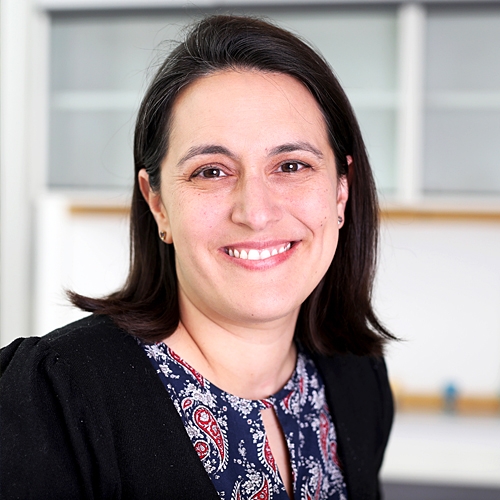

Dr Natalie Shenker is a former surgeon, scientist, and the cofounder of the Human Milk Foundation, which aims to ensure more babies are fed with human milk. As well as supporting a range of educational and research studies, the HMF aims to ensure assured access to screened donor milk through a network of human milk banks based on the cost-effective innovative model of the Hearts Milk Bank (HMB). Milk banks provide screened breastmilk to premature babies whose own mothers need time to establish breastfeeding, protecting them from a range of life-threatening complications and supporting the mother to breastfeed. The HMB has been operating in the UK for 18 months, and has supported neonatal units as well as families in the community where breastfeeding is impossible or taking time to establish.
Evolution has created human milk as a way to protect the baby postnatally, patterning the immune system and microbiome, and providing diverse developmental cues for each organ system to develop normally. Milk also provides nutrition. When screened donated human milk (DHM) is available, mothers facing the most stressful circumstances of having an ill premature baby tend to have high chances of establishing breastfeeding. If donor milk is used appropriately as a bridge to lactation, they are less likely to perceive that their bodies have failed. The work of the Hearts Milk Bank over 18 months have laid the foundation for a UK-centred drive to upscale milk bank capacity, facilitate research to determine the optimal use of donor milk, and support a shift in perception about the role of human milk, underpinned by the latest science.

View Details / Enroll
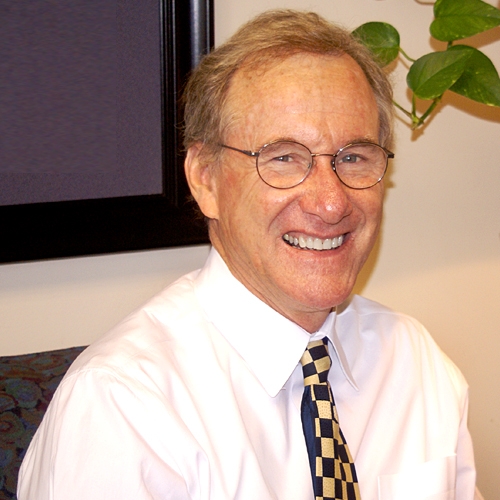
The Return of Breastsleeping: Humankind’s Oldest and Most Successful Sleep and Feeding Arrangement

JAMES MCKENNA (B.A., University of California, Berkeley; M.A., San Diego State University; Ph.D., University of Oregon) Rev. Edmund P. Joyce, C.S.C., Professor of Anthropology
McKenna pioneered the first behavioral and electro-physiological studies documenting differences between mothers and infants sleeping together and apart and has become known worldwide for his work in promoting studies of breast feeding and mother-infant cosleeping. A biological anthropologist, and Director of the Mother-Baby Behavioral Sleep Laboratory McKenna began his career studying the social behavior and development of monkeys and apes with an emphasis on parenting behavior and ecology. He has published over 150 articles and six books including a popular parenting book Sleeping With Your baby: A Parents Guide To Co-sleeping. He has coedited Ancestral Landscapes In Human Evolution, Evolutionary Medicine, and a more recent co-edited volume Evolution and Health: New Perspectives (Oxford University Press. He won the prestigious Shannon Award (with Dr. Sarah Mosko) from the National Institutes of Child Health and Development for his SIDS research and is the nation's foremost authority and spokesperson to the national press on issues pertaining to infant and childhood sleep problems, sleep development, and breastfeeding.
Breastsleeping refers to bedsharing-amongst breastfeeding mothers and infants occurring in the absence of all known independent risk factors.
Given that most breastfeeding mothers bedshare, there is a critical need to develop a new SIDS/SUID discourse, one that employs harm reduction strategies, family- tailored education, evidence-based medicine, and primary advice formulated by breastfeeding and lactation communities, researchers and associations. This new bottom-up, evidence-based discourse first and foremost respects what parents say they need, want, can and are willing to do.
This discourse acknowledges that, in the United States, bedsharing is common and what helps us to understand it is to reference scientific studies (heretofore dismissed by ‘authorities’) on the powerful infantile and parental biological factors that motivate bedsharing, and the realization that sleep-related risks are not co-equal but vary along a significant continuum of relative risks ranging between acceptable (especially where exclusively breastsleeping occurs i.e. where hazardous factors are eliminated) to unacceptable where a variety of well independent “risk factors’ are present.
I argue here for recommendations based on evidence-based medicine rather than the ideologically driven opinions and assumptions of those making the recommendations which are failing after 20 years of attacks on bedsharing and bedsharing families.

View Details / Enroll
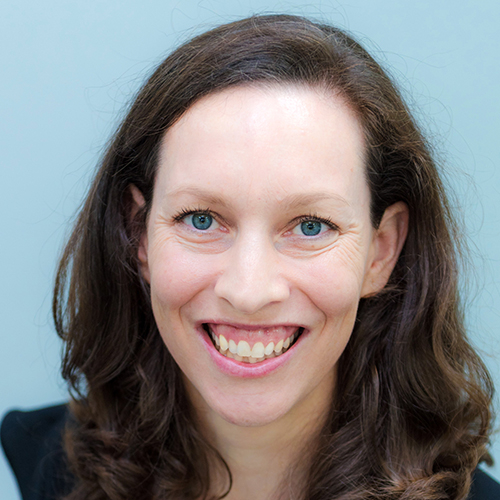
The Role of Manual Therapy in Infant Postural Asymmetry, Suck Dysfunction and Mastitis

Kirsten Hannan is an Australian trained and registered Osteopath with 17 years of clinical practice experience, with a particular interest in pregnancy and postpartum care and working with babies and children of all ages. She has experience in treating babies for a variety of issues, including latching and feeding difficulties, birth trauma, neck tension, flat head syndrome and digestive issues. Kirsten uses a variety of osteopathic treatment methods, including cranial osteopathy. Her passion for education and helping children to develop in the best possible way led her to further her knowledge of breastfeeding and she qualified as an International Board Certified Lactation Consultant (IBCLC) in July 2017. She enjoys integrating the very best of bodywork and evidence-based lactation care and support to help mums and their babies. Kirsten is an author and reviewer for the International Journal of Osteopathic Medicine, a member of Osteopathy Australia and registered with the Australian Health Practitioner Regulation Agency (AHPRA) and International Board of Lactation Consultant Examiners (IBLCE).
The extensive benefits of breastfeeding have been well established. However, while the majority of birthing women initiate breastfeeding, discontinuation is common when problems arise. In this presentation, we will review the pertinent anatomy of the breast and breastfeeding infant, learn to identify asymmetrical characteristics in infant posture, discuss how postural asymmetry impacts infant suck, and describe multiple modalities and techniques for the management of common mother and baby presentations.
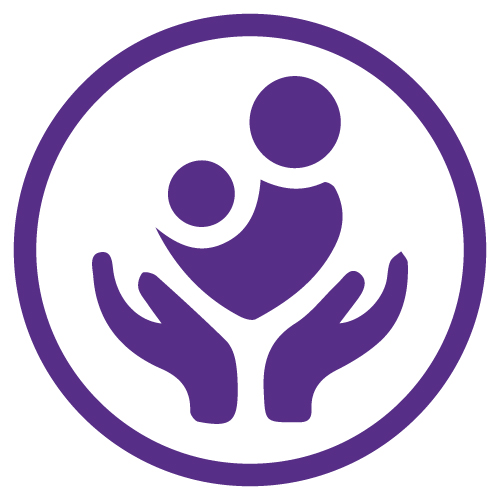
View Details / Enroll
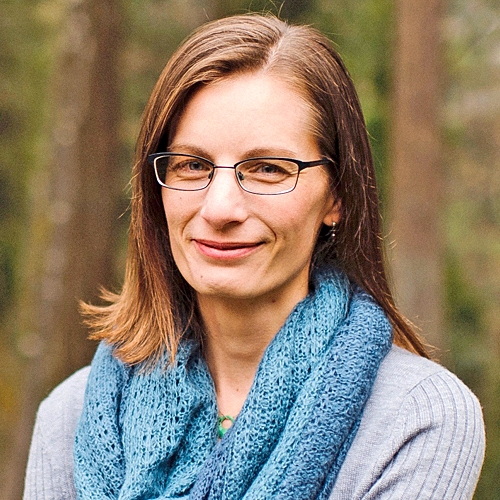
The Science of Infant Feeding: New Research on Gut Development, Microbiome, and Risk of Allergy

Alice Callahan completed her PhD in Nutritional Biology at UC Davis in 2008, followed by a postdoc in fetal physiology at the University of Arizona. She left the academic track in 2011 to pursue a dual career in college teaching and science writing. Her book, The Science of Mom: A Research-Based Guide to Your Baby’s First Year, about the science of raising a baby, was published in 2015 by Johns Hopkins University Press and was named one of the best science books of the year by Science News. As a freelance writer, Callahan covers health and nutrition topics – often focusing on pregnancy, infancy, and childhood – for many publications, including The New York Times, Washington Post, and Lifehacker. She and her family live in Eugene, Oregon, where she also teaches nutrition and physiology at the University of Oregon and Lane Community College.
Research continually uncovers the complex relationship between infant feeding and development. It’s driven by our fascination and desire to understand early development, but it also has real-world implications for the decisions parents make about how to feed their babies. New parents and even perinatal professionals are often confused about infant feeding guidelines, finding information to be conflicting, overwhelming, and ever-changing. We’ll start with an overview of how an infant’s gastrointestinal tract develops and what we know about how human milk consumption supports optimal development. Then we’ll delve into the latest research on intestinal permeability, early formula supplementation, and timing of introduction of solid foods to prevent allergies. Feeding is one of the primary ways that we care for and show babies that we love them, and by providing up-to-date and accurate information, perinatal professionals can help families feel calm and confident about their feeding choices.

View Details / Enroll
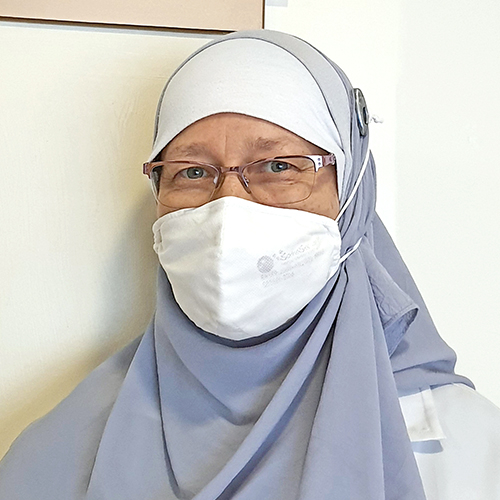
The Sharjah Baby-Friendly Campaign: A Community-Based Model for Breastfeeding Promotion, Protection and Support

Evelyne Ruf is a family physician from France, and an International Board Lactation Consultant (since 1993). More than 25 years ago, she shifted to the United Arab Emirates (UAE), working for the Ministry of Health, in Sharjah MCH Center. She opened there the first Lactation Clinic in the UAE, with the support of volunteers from Breastfeeding Friends (BFF), which she had co-founded.
Five years ago, the Lactation Clinic has been shifted to the Family Health Promotion Center, where it continues to offer, to a very cosmopolitan population, skilled lactation support as well as assessment and release of tethered oral tissues.
A member of the National Breastfeeding Committee, Evelyne has been involved in the Baby-Friendly Hospital Initiative as a lecturer, trainer, adviser and assessor. Her workplace became the first Baby-Friendly Health Center in the UAE and received the IBCLC Care Award (community category) in 2015.
She has also been actively involved in the Sharjah Baby-Friendly Emirate Campaign, a multi-sectorial initiative launched in 2012, and presented its achievements during Gold Lactation 4 years ago.
With her husband of 34 years, she is the proud and grateful mother of 5 grown-up breastfed children and the grandmother of 4 breastfed little ones.
Topic: The Sharjah Baby-Friendly Campaign: A Community-Based Model for Breastfeeding Promotion, Protection and Support - [View Abstract]
Despite the recommendations and various initiatives to promote breastfeeding, most women don’t reach the exclusive breastfeeding target in both developed and developing countries. Similar has been the case in the United Arab Emirates.
Therefore based on the decree by the ruler of the Emirate of Sharjah, UAE, a multi-sectorial, multi-directional breastfeeding campaign-the Sharjah Baby-Friendly Campaign- was launched in March 2012. It consisted of 4 initiatives namely Baby-Friendly Health Facility, Mother-Friendly Workplace, Breastfeeding-Friendly Nursery and Mother-Baby Friendly Public Place. Once an organization met the criteria for any of these initiatives it was awarded the designation or accreditation of that initiative.
The campaign initiatives worked through capacity building of healthcare workers, developed breastfeeding education content and resources, and conducted community outreach through social media.
The positive impact of the campaign on breastfeeding promotion, protection and support is evident by the tripled exclusive breastfeeding rate at 6 months over a 5 years period.

View Details / Enroll
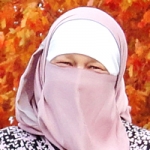
View Details / Enroll

The Tipping Point in Childbirth Education: The Consequences of Ignorance

Penny Simkin, PT, is a physical therapist who has specialized in childbirth education and labor support since 1968. She estimates she has prepared over 13,000 women, couples, and siblings for childbirth. She has assisted hundreds of women and couples through childbirth as a doula. She is author or co-author of books for both parents and professionals, including “The Labor Progress Handbook;” “Pregnancy, Childbirth, and the Newborn: The Complete Guide;” “When Survivors Give Birth: Understanding and Healing the Effects of Early Sexual Abuse on Childbearing Women;” “The Birth Partner: A Complete Guide to Childbirth for Dads, Doulas, and All Other Labor Companions,” She has developed teaching materials for birth classes and produced several videos for educators, doulas, and families , the latest of which is for siblings-to-be, “There’s a Baby.” She is co-founder of DONA International (formerly Doulas of North America) and PATTCh (Prevention and Treatment of Traumatic Childbirth).
Currently, she serves on the editorial board of the journal, Birth: Issues in Perinatal Care, and serves on the senior faculty of the Simkin Center for Allied Birth Vocations at Bastyr University, which was named in her honor.
Today, her practice consists of childbirth education, birth counseling, and labor support, combined with a busy schedule of conferences and workshops.
Penny and her husband, Peter, have four grown children and eight grandchildren from 11 to 28 years of age, two grandchildren-in-laws, and a pug, Lola.
Penny will explore trends in childbirth education over the past quarter century when childbirth education became marginalized with fewer than half of first time north American childbearing families taking any childbirth classes. Reasons and implications of a poorly informed childbearing public will be discussed. Penny will discuss her perceptions of what is missing in childbirth education today, and will suggest some solutions. She will review knowledge essential for families to make choices in maternity care. Penny calls for more skill building in classes relating to comfort measures and improving labor progress.









